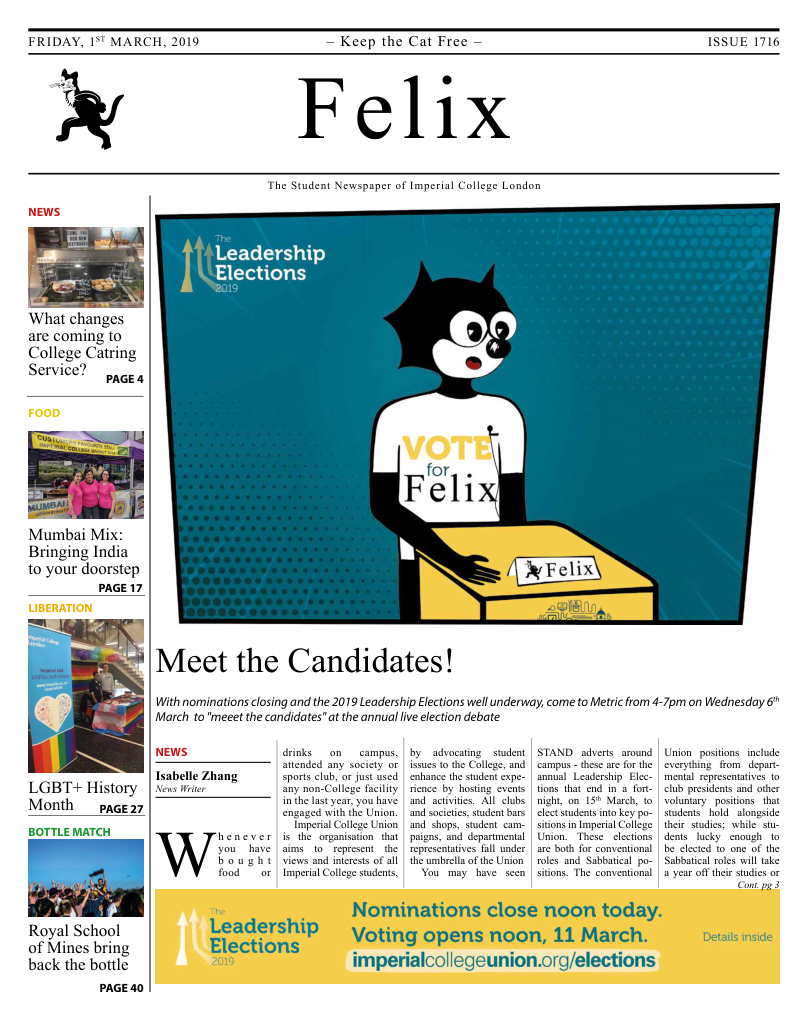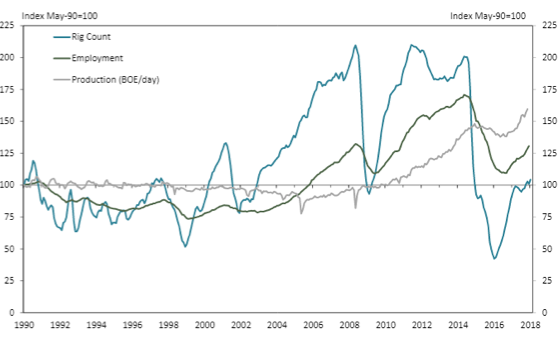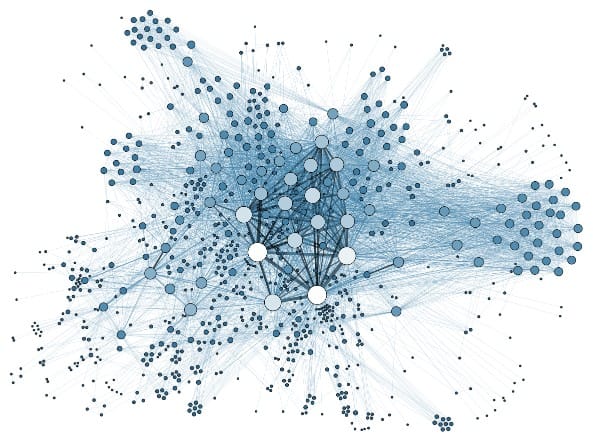‘Should we subsidise pre-schools?’ - a debate between man and AI
Spoiler alert: the AI lost, but not without putting up a good fight.

Earlier this month, IBM Research and Intelligence Squared U.S. sponsored an event where Project Debater, IBM’s AI debating machine, and Harish Natarajan, a debating expert, discussed whether pre-schools should be subsidized. Both sides had fifteen minutes to prepare on the topic given on the spot. There was a four-minute opening statement, a four-minute rebuttal round and a two-minute summary. At the end, while the majority of the audience declared Natarajan to be the winner of the round, Project Debater’s performance was praised by many.
Project Debater made its opening argument by supporting the idea of subsidizing pre-schools, citing findings on the positive effects of subsidization from studies and historical research. The AI grounded its argument on the idea that subsidization should stem from a moral and political obligation to the public, citing findings from researches that showed that an early investment in an individual’s education will lead to a more successful life in terms of health and income. It also cited how those individuals will be less likely to lead a life of crime, which will increase the safety of a neighbourhood.
Natarajan made his opening argument by siding with the opposition, saying that subsidization doesn’t effectively address issues like poverty and crime rates in a country. He argued that it is simply a ‘politically motivated giveaway to the middle class’, who probably already have their children enrolled in a pre-school. He argued that other programs would be more effective in tackling such important issues.
Throughout the rest of the debate, both sides provided interesting and insightful views on the topic, though they varied in style and approach. Project Debater used data to support its arguments, while Natarajan used his experience and skills to ‘reframe the debate about where government dollars could be best used to ensure social equality.’
The winner was the one who was the most effective at convincing the audience about the persuasiveness of the arguments put forth and was determined through a live, online polling. Before the debate, 79% of the audience believed that preschools should be subsidized while 13% disagreed and 8% were undecided. Afterwards, 62% agreed that preschools should be subsidized while 30% disagreed. Natarajan won.
The thing to note, however, is not who won at the end, but rather the fact that both sides only had fifteen minutes to prepare for this debate and didn’t know of the topic beforehand. This means that the AI was not only gathering the most relevant information needed to support a side and formulating that into a paragraph, but was also actively listening to what was being said by Natarajan and responded to him with its “own, unscripted reasoning” to convince the audience of its position. This is an important step forward on the long road to teaching an AI to master a human language.
Another interesting point to note is that 58% of the audience members said that Project Debater ‘better enriched their knowledge about the topic at hand’, while only 20% said the same of Natarajan.
In a discussion after the debate with four-time Emmy award winner John Donvan, Natarajan, Dr Ranit Aharonov and Dr Noah Slonim (latter two being part of the primary researchers behind Project Debater), it was unanimously agreed that it was a historically significant evening. Aharonov explained that Project Debater should be seen to have huge potential in ‘[understanding] both sides of a problem and presenting all the pros and cons so you have a wider view of the topic and then can make a better decision’.
In other words, the primary researchers working on Project Debater aren’t building this AI in order to argue better than a human, which many viewers were rightfully concerned about, but rather so that it can present sides of an argument that a human might not even have thought of due to their biases/prejudices. The true potential of this would be to augment human decision-making, without replacing the human decision maker.
Slonim added: “Ultimately, what we saw was that the interaction of man and machine could be enriching for both.”
While this is a very long-term goal that can only be achieved once the AI works effectively, that evening was a huge step forward in a more short-term one of ‘[mastering] the complex and rich world of human language.’








